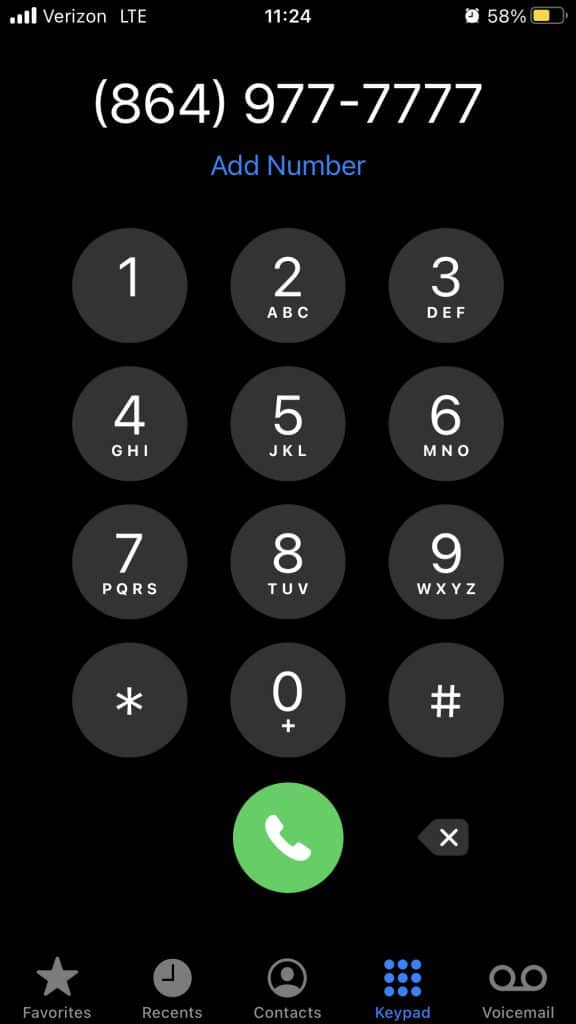
Safe and secure: What is the Clery Report and how does campus security use it?
Samantha Martin, News Editor
On April 5, 1986 campus security changed forever.
The story unfolds at Lehigh University in Pennsylvania, Jeanne Clery a freshman lived on campus in Stoughton Hall. Crime was not regularly reported to the public, students would leave doors propped and unlocked for friends and roommates. It made for the perfect storm.
Clery had been set to attend Tulane University in New Orleans. However, her parents decided they couldn’t allow her to go after learning that a student had been murdered only a block away from the campus. So as the family looked closer to home, Clery fell in love with Lehigh University.
A victim of chance, Clery on April 5 left the door to her room unlocked for her roommate to enter later. She went to sleep and woke to find Josoph Henry, another Lehigh University student rifling through her room.
Henry was drunk after losing a student election earlier that day and was looking to commit burglary. He entered Stoughton Hall after finding three doors propped open with pizza boxes, allowing easy entry for students. Henry entered the building and made his way to the third floor, entering the first room that was left unlocked — Clery’s.
After trying to silence Clery by slashing her with a broken beer bottle, Henry went on to brutally assault her and strangle her with a Slinky.
Though Henry was convicted and sentenced to death, he later received life without parole after dropping his appeals. There was no comfort for Clery’s parents who would not have allowed their daughter to attend the university had they known the pattern of campus crime — 38 assaults and other violent crimes over a three year period (made public in 1999), especially after asking her not to attend her intended college for that exact reason.
The Clerys sued Lehigh University and used the $2 million settlement to found a non-profit, Security on Campus, to create a conversation about campus security and lobbying for colleges and universities to disclose crime on and around campuses so that parents and potential students can make informed decisions in the college process.
“The Clery Act requires all institutions of higher education which receive federal financial assistance to produce an Annual Security and Fire Safety Report, which may be reviewed by current and future students and employees.”
North Greenville University, in compliance with this act released a Clery Report for the years 2017-2019 detailing how students can get in touch with Campus Security and ways that students can and should act in their own capacity to protect themselves.
“Lieutenant Farina and myself have gone to some classrooms dealing with FYE and we have done training and talking to people about things they can do to keep safe not only on campus, but when they go places like to Walmart and places like that,” said Major Charles Snook, Assistant Director of Campus Security.
One of the most emphasized safety measures is securing buildings with specialized door lock systems.
“With the origin of the Clery Report, the importance of door locks and maintaining a door lock system is vital for campus safety,” said Atari Jarrett, Director of Student Conduct.
While there have not been any violent offenses reported in on campus housing of the Tigerville campus (2017-2019), there were reported cases of burglary, the highest being seven in 2017 and dropping to two in 2019. But dorms are not the only vulnerable area that aren’t properly secured, students should also be aware of their vehicle’s safety.
“A lot of people don’t lock the doors to their cars like they need to, and so somebody can go in and take a couple books or somebody can go in and they can try to hide or try to steal their car if they leave the keys,” said Snook.
While the goal of security hasn’t changed, the way security is emphasized is a flexible measure.
“I think what’s happened is society has kind of dictated how things go from this point as far as us being able to adjust — we have to be kind of subject to the trends when the primary objective is the safety and security of faculty, staff students and visitors. That part doesn’t change,” said Chief Tony Eigner, Director of Campus Safety and Security.
North Greenville is not perfect though, reporting incidents of drug and liquor law violations referred for disciplinary action continually fluctuating on campus, liquor law violations fluctuating from one in 2017, eight in 2018 and four in 2019 while drug law violations fluctuated from three in 2017, nine in 2018 and seven in 2019.
However, arrests for these offenses are consistently low with four drug law arrests occurring on campus in 2018 and six liquor law arrests occurring on campus in 2019.
“We actually attempt to handle things that happen on our campus within our campus, but there are going to be times where that just can’t happen, and we have to bring in outside law enforcement,” said Jarrett.
Though a strong campus security department is an important factor in keeping students safe, campus policies also protect students more than other campuses.
“The great thing is, that’s why our policies are the way that they are. Students get very frustrated by our policies, and people don’t realize it’s to protect students. There’s a level of protection students receive on our campus that may not be the standard on other college campuses because of the free flow of people,” said Jarrett.
Clery not only fulfills legal requirements, but also helps to provide comfort to parents so that campuses don’t experience another Clery case.
“You want to make sure that they [students] are safe so when parents bring their kids here, drop them off their freshman year, they can leave knowing they’re going to be in the best possible hands in the best possible place that they can be,” said Eigner.
Campus security is an ever changing matter as dangers and threats can arise at any time. Our department has and continues to grow, and works to better everyday in order to protect students, faculty, staff and campus visitors.
“The only thing I want to do is take a good department and make it great,” said Eigner.
North Greenville campus security is available 24/7 by phone at (864)-977-7777 or on the web at https://www.ngu.edu/report-a-crime-form.php. If the event is an emergency students are encouraged to call 911.


